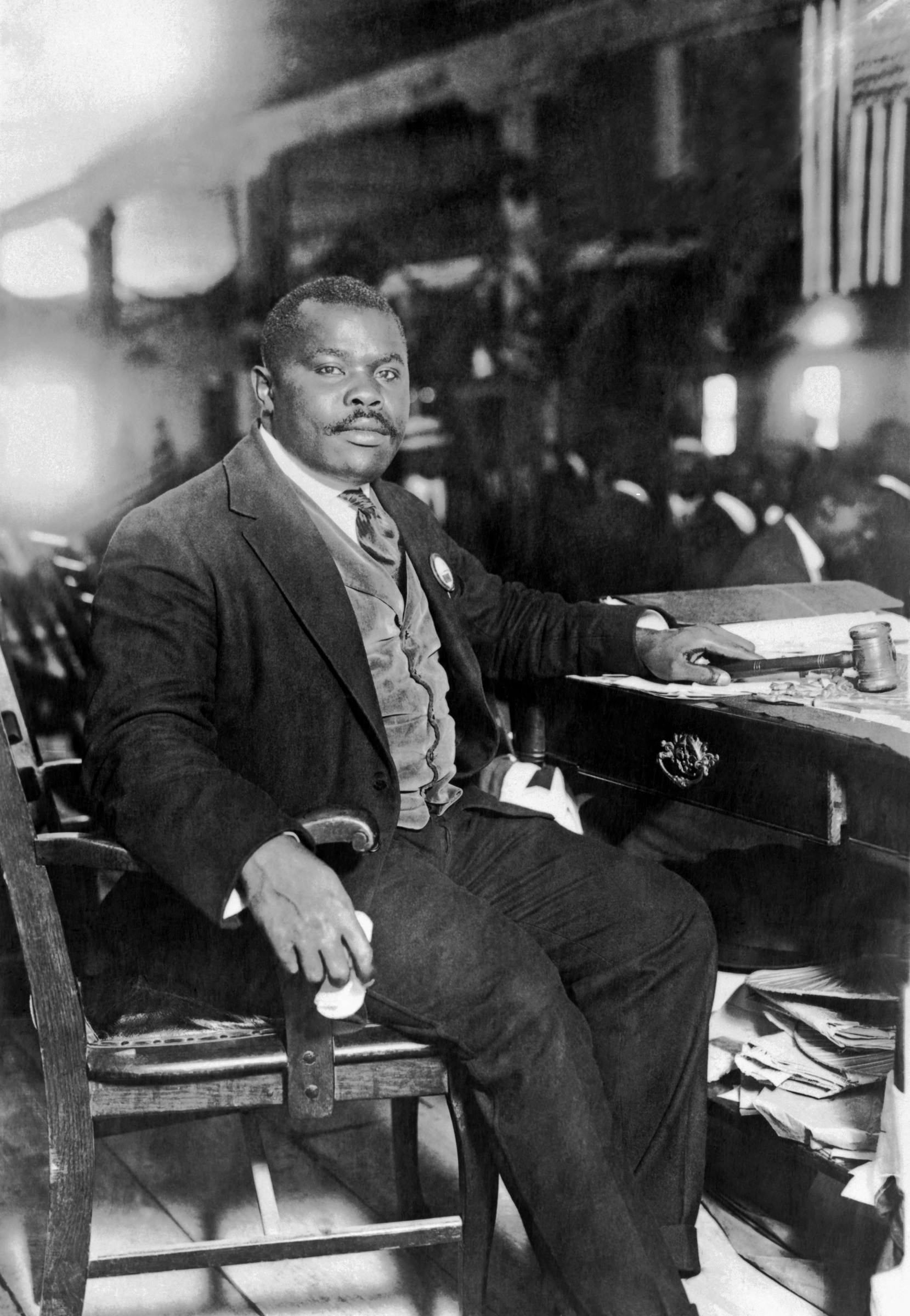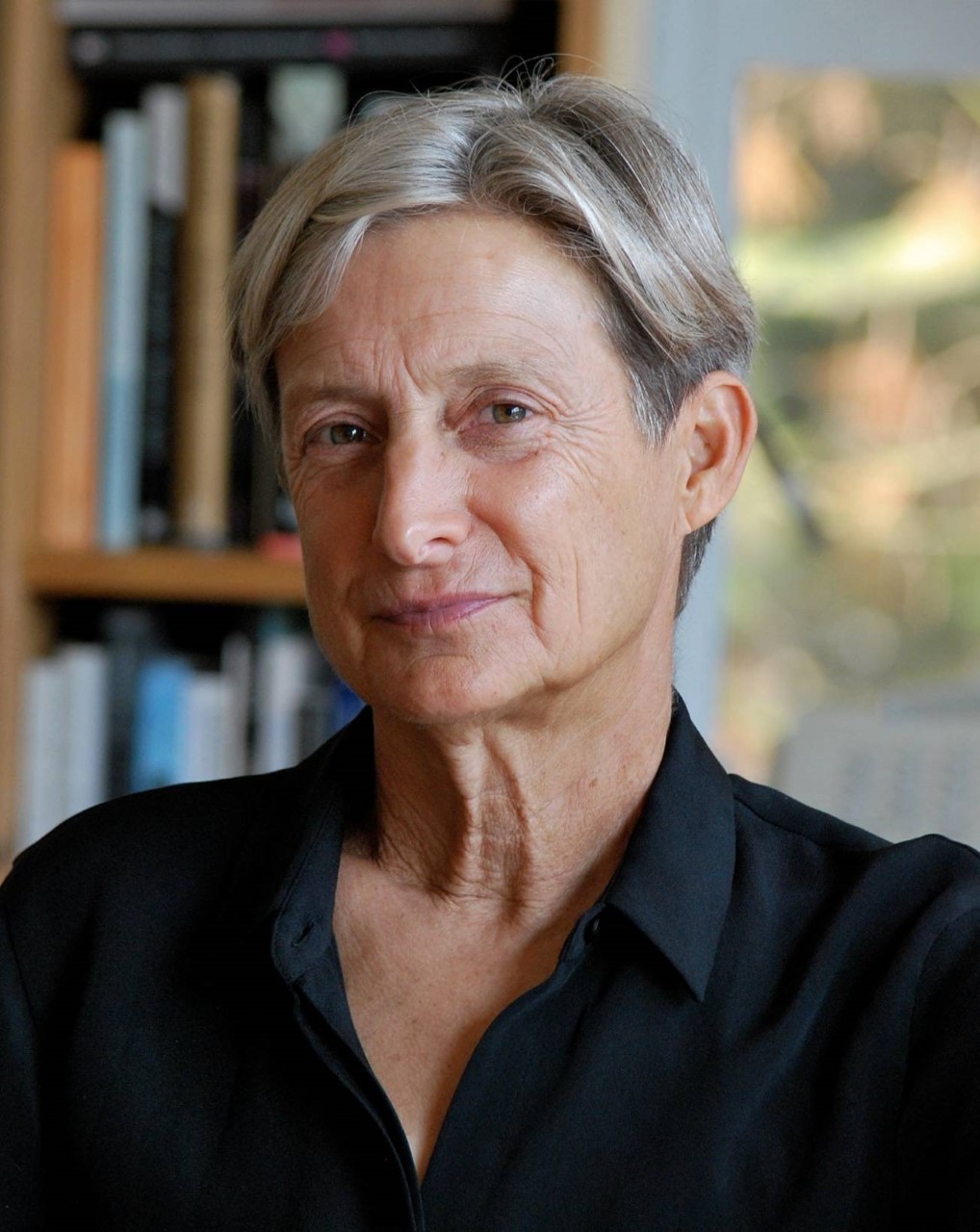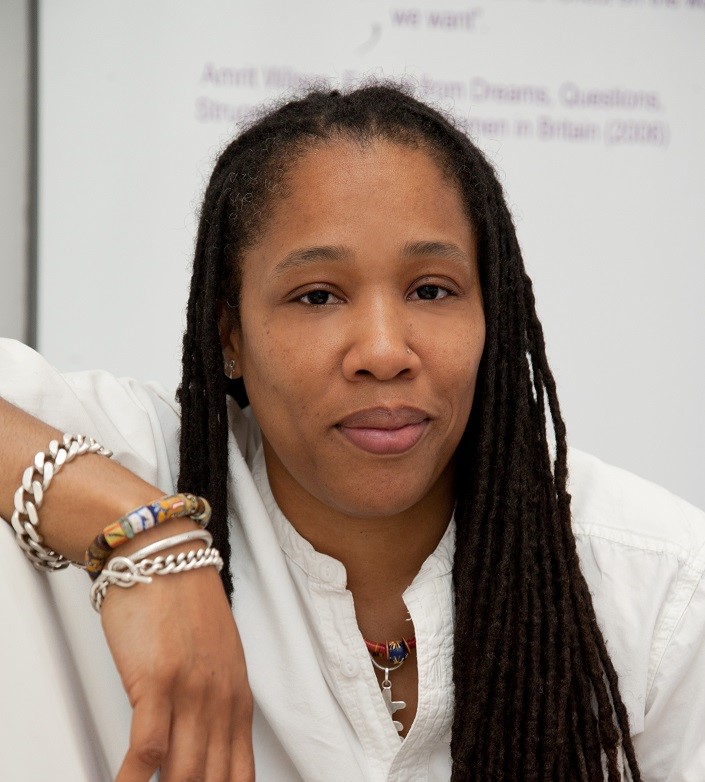To commemorate the College’s bicentenary in 2023, we’re showcasing 200 ‘Birkbeck Effects’ which capture the incredible stories of our vibrant and diverse community, highlighting their achievements and impact on the world.
Jamaican-born economist Albert (‘Bertie’) Gregorio Hines was instrumental in setting up Birkbeck’s first Economics department in the 1970s and had a career which ranged from a job in the Jamaican civil service to a Chair in Economics at Birkbeck. He was also an active proponent of black arts and culture.
Albert moved to the UK from Jamaica in the 1950s to explore opportunities, studying at the London School of Economics and going on to lecture in political economy at University College, London. In 1968, at the incredibly young age of 32 years, he was appointed Professor of Economics at Durham University. Three years later, he joined Birkbeck.
An advocate for racial and social equity, Hines chaired the Minority Group Arts, from 1974, to encourage the arts within minority communities, ‘thereby enrich[ing] the cultural life of the entire community’. Minority Group Arts was also responsible for conducting the ‘first comprehensive and independent study of arts activities’ amongst Bangladeshis, Chinese, Cypriots, East and Central Europeans, Indians, Pakistanis, West Indians, and Africans living in the UK. Although he was a Professor of Economics, Hines did not restrict his anti-racism activism to issues of economics and employment and was an active proponent of the Black arts and culture as important sites of resistance.
In 1975, he gave evidence to the Select Committee on Race Relations and Immigration where he was grilled about conflicts within minority communities and calmly replied, “We have learned that there are things that divide us and things that unite us, and on this particular issue we see the things that unite us as being more important than the things that divide us.”



